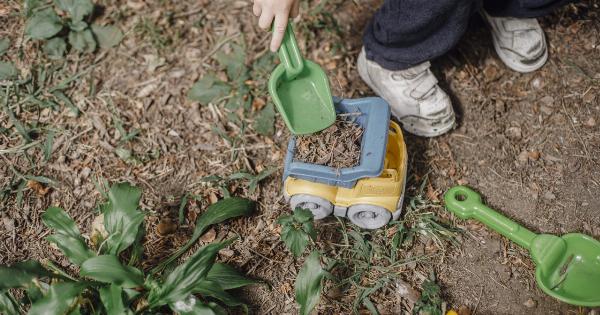If you’re a parent with a child in kindergarten, you might be wondering how to keep your little one healthy and happy. Kindergartners are at a prime age for developing healthy habits that will last a lifetime.
As a parent, you can play an important role in helping your child develop a healthy lifestyle. Here are a few tips to get you started.
Encourage Healthy Eating Habits
The first step in ensuring your child’s health is by providing them with healthy meals and snacks. Nutrition is key to a healthy immune system, which is essential for keeping your child healthy during cold and flu season.
Encourage your child to eat a variety of fruits and vegetables, lean proteins, and whole grains. Limit sugary foods and drinks, especially soda and sweet snacks. Provide healthy snacks like hummus and veggies, fruit, and yogurt. Make sure your child eats breakfast every day, as it sets the stage for a successful day of learning and play.
Promote Regular Exercise and Playtime
Kindergartners are full of energy and need opportunities to release it. Physically active children are more likely to have a healthy weight, good mental health, and strong bones and muscles.
Encourage your child to engage in regular physical activity, whether it’s dancing, playing soccer, running around on the playground, or taking a nature walk with you. Screen time should be kept to a minimum, and it’s important to limit sedentary activities like video games and TV watching.
Emphasize Good Hygiene Practices
Hygiene is important for preventing the spread of germs and illness. Teach your child to wash their hands regularly, especially before eating or after using the bathroom.
Teach them to cover their mouth and nose when they cough or sneeze and to dispose of used tissues properly. Encourage them not to share personal items like combs and hats, as they can spread lice and other illnesses.
Keep Your Child’s Immunizations Up to Date
Immunizations are essential for preventing illness and keeping your child healthy. Talk to your child’s doctor to ensure they are up to date on their vaccines.
Flu shots are especially important during the fall and winter months, as they provide protection against the flu virus.
Make Sure Your Child Gets Enough Sleep
Sleep is important for a child’s physical and mental health. Kindergartners need 10 to 12 hours of sleep each night. Stick to a consistent bedtime and wake-up time, even on weekends.
Create a relaxing bedtime routine that includes reading together, taking a warm bath, or listening to music. Remove electronics from your child’s room, as they can interfere with sleep.
Teach Your Child to Manage Stress
Kindergarten can be a stressful time for children, as it’s a new environment with new people and expectations. Teach your child healthy ways to manage stress, such as deep breathing, yoga, or talking to a trusted adult.
Encourage your child to take breaks when they feel overwhelmed, and help them develop coping strategies that work for them.
Stay Involved in Your Child’s School Experience
Finally, one of the most important things you can do as a parent is to stay involved in your child’s school experience. Attend parent-teacher conferences, volunteer in the classroom, and communicate regularly with your child’s teacher.
By staying informed and involved, you can help ensure your child is thriving academically, socially, and emotionally.
Conclusion
As a parent, you want nothing but the best for your child. One of the ways you can ensure their well-being is by keeping them healthy, especially when they’re in kindergarten.
By encouraging healthy eating habits, promoting regular exercise, emphasizing good hygiene practices, keeping immunizations up to date, making sure your child gets enough sleep, teaching them to manage stress, and staying involved in their school experience, you can help keep your little one healthy and happy in their first school experience.






























